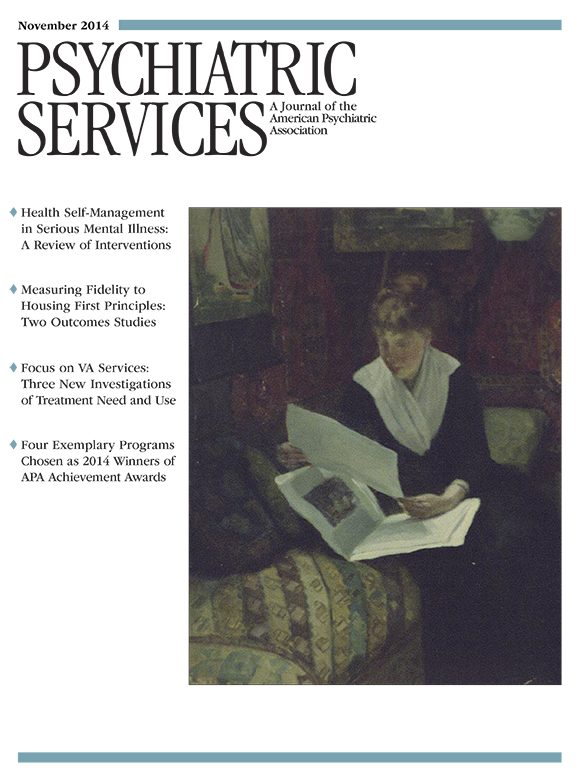Recovery orientation is becoming increasingly popular in the United States, and peer perspectives on recovery are a beneficial component to this movement. Although the importance of sharing experiences as peers is recognized, methods of peer integration are still evolving, and uncertainties remain about peer roles and how to include peers most effectively.
Three categories of issues typically surround the addition of peers to mental health service teams. First, organizations struggle with preparing for changes in institutional risk and accountability and with concerns about confidentiality and privacy. This category of challenges includes concerns about billing codes, professional insurance, and definitions of appropriate job qualifications. Second, organizations grapple with definitions of roles and responsibilities for peer providers. The combination of a lack of evidence on optimal responsibilities for peer providers and the increased prevalence of these approaches has led some organizations to recruit peers without clearly establishing roles and expectations for providing services. This can lead to uncertainty about the services they are expected to provide, with some peer providers feeling self-conscious about their credibility, feeling ill prepared to set personal and professional boundaries, and struggling to relate to other, nonpeer employees. Last, despite advances in equitable participation, considerable issues remain with stigma and devaluation of peer services. The issues include discomfort with changing power dynamics in teams, perceptions that services provided by peers are less credible than services by nonpeer professionals, insufficient investment in training peer providers, and risk of token or superficial participation.
In spite of the issues presented, successful peer inclusion is an invaluable asset that is attainable for many organizations. Recommendations to ease the transition of peer providers into organizations and promote effective service provision include the following: At the organization level, peer selection should be purposeful and based on the skills required to perform specific tasks, and regular opportunities to discuss the process of inclusion from both peer and nonpeer practitioner perspectives should be created. At the team level, peers should receive clear information about their roles and responsibilities, and the value placed on peer inclusion should be communicated by team leaders and demonstrated through equitable policies and activities. At the state level, criteria should be developed by a reputable body that can determine appropriate qualifications and training for peers. In the field, research on peer models should be supported and promoted to produce better evidence about what is effective in which contexts and for whom.
As the field moves toward more coordinated and integrated mental health services, it is essential to include peers deliberately and thoughtfully to benefit maximally from these efficacious models.

